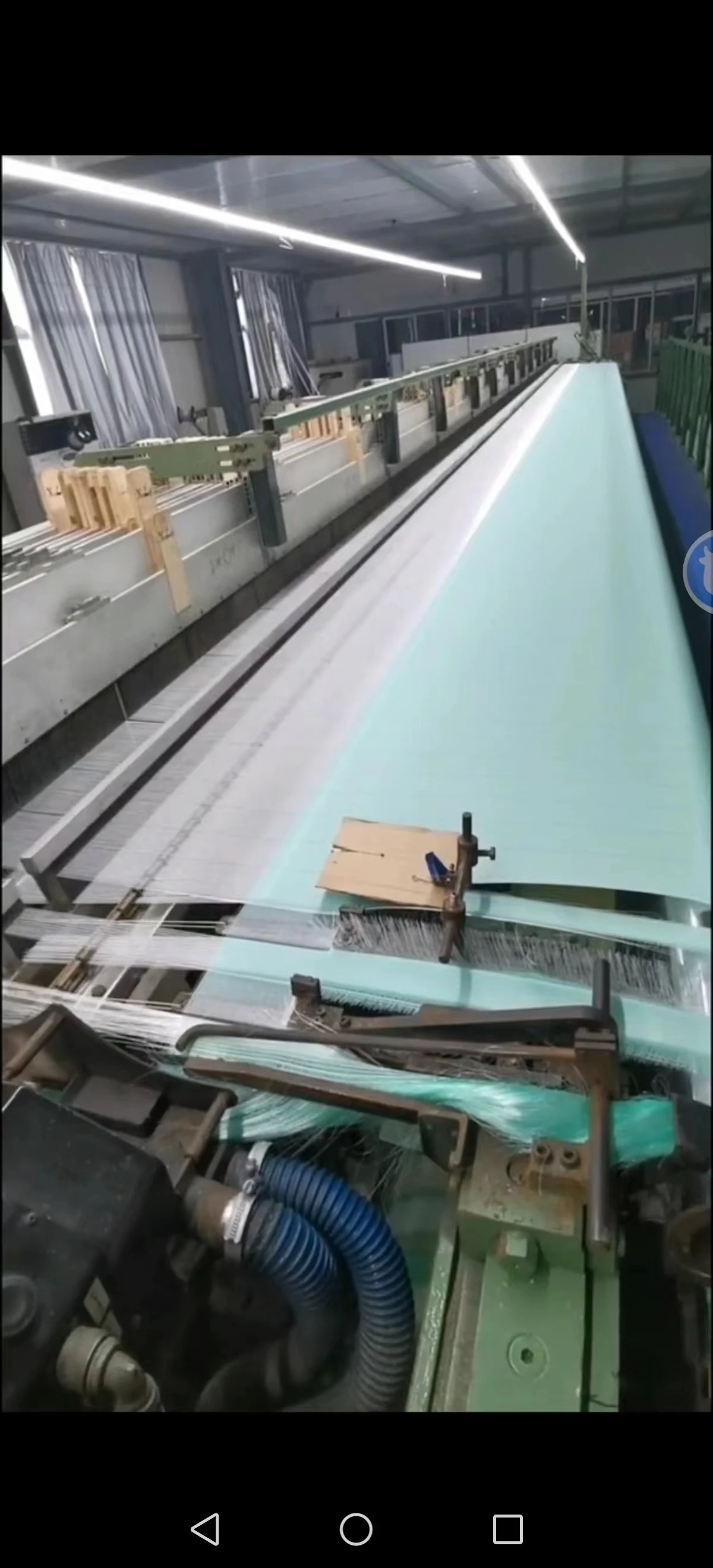-
 Afrikaans
Afrikaans -
 Albanian
Albanian -
 Amharic
Amharic -
 Arabic
Arabic -
 Armenian
Armenian -
 Azerbaijani
Azerbaijani -
 Basque
Basque -
 Belarusian
Belarusian -
 Bengali
Bengali -
 Bosnian
Bosnian -
 Bulgarian
Bulgarian -
 Catalan
Catalan -
 Cebuano
Cebuano -
 China
China -
 Corsican
Corsican -
 Croatian
Croatian -
 Czech
Czech -
 Danish
Danish -
 Dutch
Dutch -
 English
English -
 Esperanto
Esperanto -
 Estonian
Estonian -
 Finnish
Finnish -
 French
French -
 Frisian
Frisian -
 Galician
Galician -
 Georgian
Georgian -
 German
German -
 Greek
Greek -
 Gujarati
Gujarati -
 Haitian Creole
Haitian Creole -
 hausa
hausa -
 hawaiian
hawaiian -
 Hebrew
Hebrew -
 Hindi
Hindi -
 Miao
Miao -
 Hungarian
Hungarian -
 Icelandic
Icelandic -
 igbo
igbo -
 Indonesian
Indonesian -
 irish
irish -
 Italian
Italian -
 Japanese
Japanese -
 Javanese
Javanese -
 Kannada
Kannada -
 kazakh
kazakh -
 Khmer
Khmer -
 Rwandese
Rwandese -
 Korean
Korean -
 Kurdish
Kurdish -
 Kyrgyz
Kyrgyz -
 Lao
Lao -
 Latin
Latin -
 Latvian
Latvian -
 Lithuanian
Lithuanian -
 Luxembourgish
Luxembourgish -
 Macedonian
Macedonian -
 Malgashi
Malgashi -
 Malay
Malay -
 Malayalam
Malayalam -
 Maltese
Maltese -
 Maori
Maori -
 Marathi
Marathi -
 Mongolian
Mongolian -
 Myanmar
Myanmar -
 Nepali
Nepali -
 Norwegian
Norwegian -
 Norwegian
Norwegian -
 Occitan
Occitan -
 Pashto
Pashto -
 Persian
Persian -
 Polish
Polish -
 Portuguese
Portuguese -
 Punjabi
Punjabi -
 Romanian
Romanian -
 Russian
Russian -
 Samoan
Samoan -
 Scottish Gaelic
Scottish Gaelic -
 Serbian
Serbian -
 Sesotho
Sesotho -
 Shona
Shona -
 Sindhi
Sindhi -
 Sinhala
Sinhala -
 Slovak
Slovak -
 Slovenian
Slovenian -
 Somali
Somali -
 Spanish
Spanish -
 Sundanese
Sundanese -
 Swahili
Swahili -
 Swedish
Swedish -
 Tagalog
Tagalog -
 Tajik
Tajik -
 Tamil
Tamil -
 Tatar
Tatar -
 Telugu
Telugu -
 Thai
Thai -
 Turkish
Turkish -
 Turkmen
Turkmen -
 Ukrainian
Ukrainian -
 Urdu
Urdu -
 Uighur
Uighur -
 Uzbek
Uzbek -
 Vietnamese
Vietnamese -
 Welsh
Welsh -
 Bantu
Bantu -
 Yiddish
Yiddish -
 Yoruba
Yoruba -
 Zulu
Zulu
nylon net
The Versatility and Applications of Nylon Net
Nylon, a synthetic polymer, has revolutionized the textile industry since its introduction in the 1930s. One of its remarkable forms, nylon net, has become an essential material in various applications due to its unique properties. This article explores the characteristics, benefits, and diverse uses of nylon net, highlighting why it has become a staple in fields ranging from fashion to agriculture.
Nylon net is characterized by its lightweight and durable nature. Made from nylon fibers, it possesses excellent tensile strength, allowing it to withstand significant pressure without tearing or fraying. Moreover, nylon has inherent elasticity, which enables the net to stretch and conform to different shapes without losing its integrity. These features make nylon net an ideal choice for numerous applications where flexibility and strength are crucial.
One of the most common applications of nylon net is in the fashion and accessory industry. Designers often use nylon netting for overlays in clothing, crafting 3D effects that add depth and interest to garments. It is also widely employed in crafting veils, tutus, and other formal wear pieces, where lightweight materials are preferred for comfort and aesthetics. The versatility of nylon allows it to be dyed in various colors and patterns, making it suitable for fashionable attire that appeals to different tastes.
In the realm of sports and outdoor activities, nylon net is indispensable
. It is commonly used in the production of nets for sports such as volleyball, badminton, and tennis. The high strength-to-weight ratio of nylon net ensures that it can endure the impact of fast-moving balls without sagging or breaking. Furthermore, its resistance to mold and mildew makes it suitable for outdoor use in various weather conditions, ensuring longevity and performance.nylon net

Nylon net also plays a crucial role in agricultural practices. Farmers utilize nylon nets for crop protection against birds, insects, and harsh weather elements. The nets allow sunlight and rain to reach the crops while acting as a barrier against pests. This application not only protects the crop yield but also reduces the need for chemical pesticides, promoting eco-friendly farming practices. Additionally, nylon netting is used in aquaculture for fish farming, providing a secure environment for aquatic organisms while preventing the escape of valuable fish stocks.
Another noteworthy application of nylon net is in the field of packaging. Nylon mesh bags are commonly used to package fruits and vegetables, allowing for airflow and visibility while protecting the produce from bruising and damage. These bags are not only practical but also lightweight, making them cost-effective for transporting goods. Their durability ensures that they can withstand handling during shipping and distribution, reducing waste and cost for retailers.
The use of nylon net extends to various safety applications as well. It is often used in construction sites as safety nets to catch falling debris and protect workers. Additionally, it can serve as a barrier in playgrounds, preventing children from falling into unsafe areas. The strength and resilience of nylon net ensure that it meets safety standards while providing peace of mind for both employers and parents.
In conclusion, the versatility of nylon net makes it a valuable material across numerous industries. Its lightweight yet durable nature allows it to be used in fashion, sports, agriculture, packaging, and safety applications. As industries continue to innovate, the demand for nylon net is expected to grow, further highlighting its importance in modern society. Whether protecting crops, providing enhanced safety measures, or serving as the fabric of choice for fashionable designs, nylon net proves to be a multifaceted material that meets the needs of diverse applications worldwide.
-
Shipping Plastic Bags for Every NeedNewsJul.24,2025
-
Safety Netting: Your Shield in ConstructionNewsJul.24,2025
-
Plastic Mesh Netting for Everyday UseNewsJul.24,2025
-
Nylon Netting for Every UseNewsJul.24,2025
-
Mesh Breeder Box for Fish TanksNewsJul.24,2025
-
Expanded Steel Mesh Offers Durable VersatilityNewsJul.24,2025











